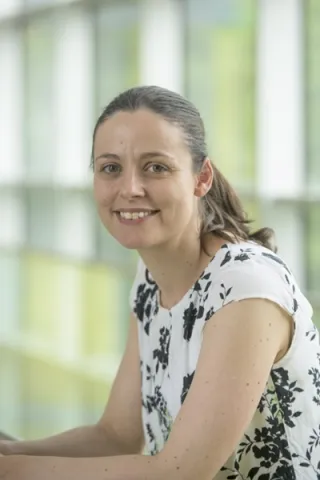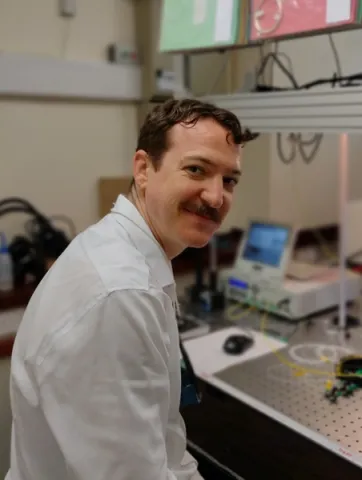About the project
Fusion reactors, which promise a nearly limitless and clean energy source, require innovative solutions to overcome some of the world’s most significant scientific and engineering challenges. One critical hurdle is the integration of fibre sensors that can withstand ultra-high radiation and extreme temperatures. In this project, you can contribute to the development of sustainable fusion energy, helping to overcome a key challenge for our society and creating a green future for our world.
This PhD project is a collaboration between the Optoelectronics Research Centre (ORC) and the UK Atomic Energy Authority (UKAEA), who manages the UK fusion energy programme.
At the ORC, we are pioneering the development of hollow core fibres (HCF) to meet the extreme demands of fusion energy. Our team is at the cutting edge of designing, fabricating, and characterizing HCFs with unique properties such as extreme radiation hardness and temperature insensitivity. These fibres are essential for the harsh environments within fusion reactors.
However, to fully harness their potential, we need advanced coatings that can endure these extreme conditions. The fibres and coating materials you develop will be integral to the fusion reactors of tomorrow and could have further applications in space research and environmental sensing.
Working in a multidisciplinary team, Your role will involve fabricating coated HCF samples, conducting material characterizations, and testing fibres under extreme conditions. You will be part of our HCF research team and receive relevant skills training. You will also collaborate with in-house researchers and external partners, to guide fibre development and participate in applications research and initial testing.
In your first year, you will benefit from a structured training program alongside your research, easing your transition into open-ended inquiry. Our students regularly present at international conferences and publish in high-quality journals. Many of our alumni have advanced their careers in academia and industry worldwide.
The Optoelectronics Research Centre is committed to promoting equality, diversity, and inclusivity, as demonstrated by the school’s Athena Swan award. We welcome all applicants regardless of their gender, ethnicity, disability, sexual orientation or age. We take personal circumstances into account, and will give full consideration to applicants seeking to study part time. The campus has onsite childcare facilities.

